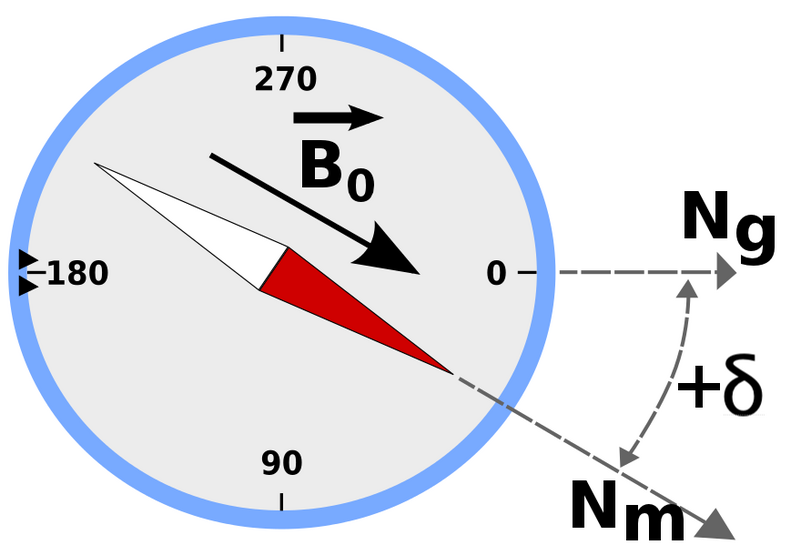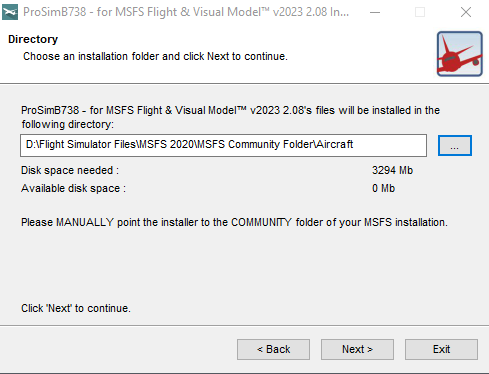Acknowledgments (sim helpers)
Building a working 737 simulator in your 'lounge room' is not something that just happens; it requires considerable research, acquired knowledge and technical ability. The skills required, except for the 'gifted', will fall short for the average person.
President George Bush (junior) stated: 'You don’t have to be smart to be president, but you do have to have smart people that surround you'.
Bush's statement holds water concerning many pursuits.
To develop a working simulator requires knowledge not only in piloting and airmanship, but also woodworking, electrical and mechanical engineering, metal work, design, painting, and the ability to understand relatively complex systems and how they interrelate with each other.
The foremost skill required is being able to read and listen to others who are more knowledgeable than you.
I have not developed the simulator this far without help.
Excluding individuals from flight simulation forums, the following individuals have assisted (at some stage) in the development and advancement of this project and website.
Mark Stanborough, Tasmania Australia – Research, basic electronics and woodworking - advice & support during the early stages of the project.
Philis Jargonise, USA - Electronics hobbyist who has the ability to 'think outside of the box'. Without this person helping me, the conversion of OEM gauges would not be to the level they are.
Robert Reed, Tasmania Australia - Retired communications technician. Electrical, wiring and electronics - advice & support (deceased).
Samantha Harding-Rolls - Boeing 737 Training Captain. Proof reading articles for technical accuracy.
Ochi Nakamura - Boeing 737 First Officer (JAL). Proof reading articles for technical accuracy.
JWS - Proof reading and editing.
Thank You.












































